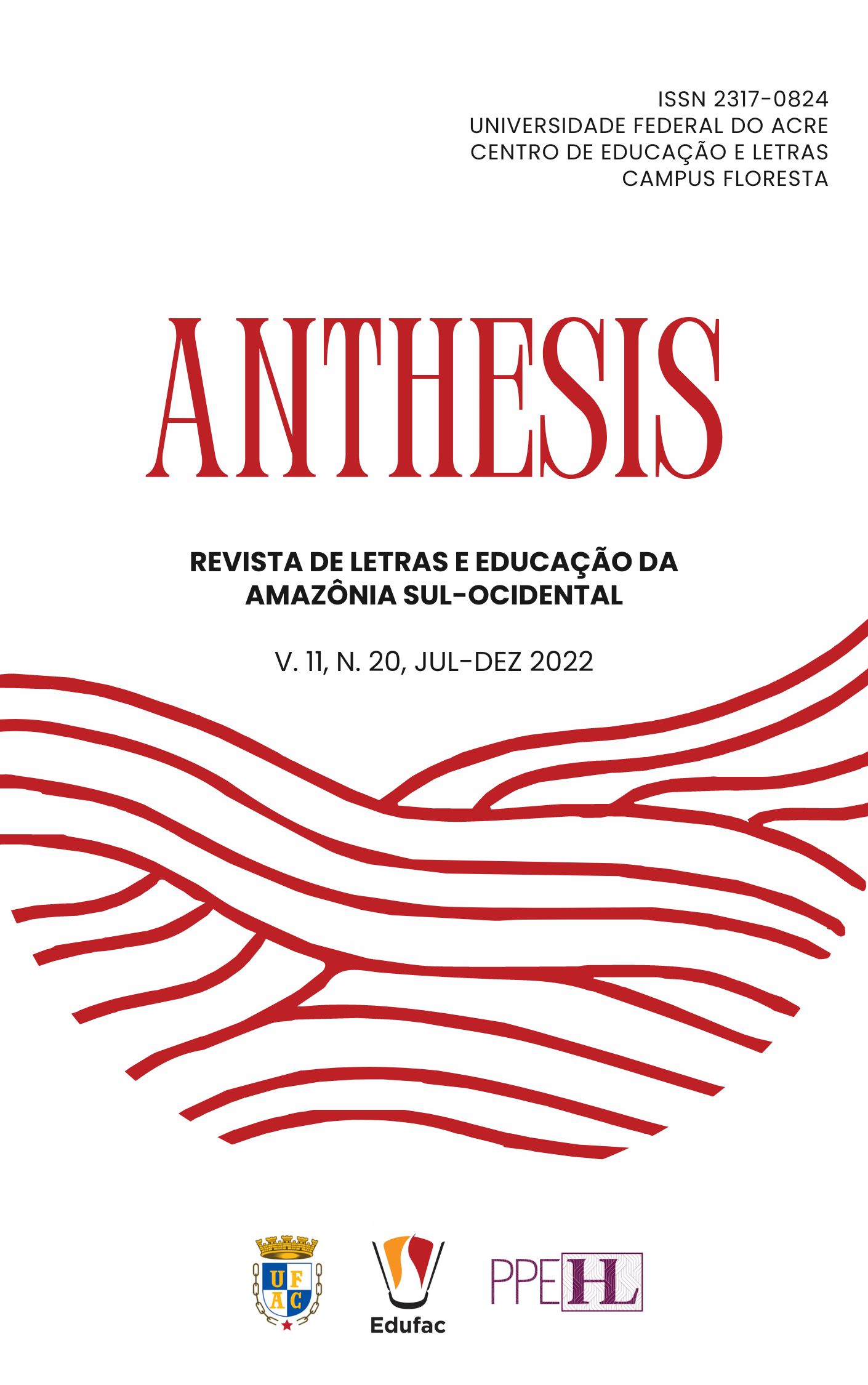Torto Arado and the plurality of knowledge
Keywords:
Torto Arado, Contemporary Anthropology, Knowledge, EducationAbstract
The literary work of Itamar Vieira, Torto arado (2019), had a great impact not only on literature, but also on the social sciences, as fiction reflects on the main Brazilian social problems that are classically treated and that were wonderfully updated for the contemporary world by the author. The fiction has as its main theme the working conditions of a quilombola community in the interior of Bahia, but it is necessary to go beyond this general approach and relate to other themes that are present both in literature and in anthropology. Therefore, dialogue with authors of contemporary anthropology to think about the deconstructions and constructions of knowledge, reflecting on the annihilation of epistemologies: epistemicide; and about the emergence of new epistemologies; including a transmission of knowledge in traditional communities. In addition, I reflect on the issue of education as a basic right for rural, traditional and quilombola communities. Finally, it is worth mentioning the importance of literature for education and for anthropology, science on the part of otherness as a foundation for the exchange of knowledge.
References
CLIFFORD, J.; MARCUS, G. A escrita da cultura: poética e política da etnografia. Tradução de Maria Claudia Coelho. Rio de Janeiro: Papéis Selvagens/edUFRJ, 2016.
GEERTZ, C. Uma descrição densa: Por uma teoria interpretativa da cultura. In: GEERTZ, C. A Interpretação das Culturas. Rio de Janeiro: LTC, 2008. p. 3-24.
GOMES, Nilma. Intelectuais negros e produção do conhecimento: algumas reflexões sobre a realidade brasileira. In: SANTOS, B. S.; MENESES, P. Epistemologias do Sul. Coimbra: Almedina. 2009, p. 419-441.
MAIZZA, F. De Mulheres e Outras Ficções: contrapontos em antropologia e feminismo. ILHA Revista de Antropologia, v. 19, n. 1, p. 103-135, 2017.
MULLER, P. R.; CLIFFORD, J.; MARCUS, G. A escrita da cultura: poética e política da Etnografia: poética e política da etnografia. Cadernos de Campo, São Paulo, Brasil, v. 28, n. 1, p. 302-307, 2019. DOI: 10.11606/issn.2316-9133.v28i1p302-307. Disponivel em: https://www.journals.usp.br/cadernosdecampo/article/view/158071. Acesso em: 21 maio. 2024.
OYĚWÙMÍ, Oyèrónkẹ́. Conceituando o gênero: os fundamentos eurocêntricos dos conceitos feministas e o desafio das epistemologias africanas. Dakar: CODESRIA, 2004.
TRAJANO FILHO, W. Que barulho é esse, o dos Pós-modernos? Anuário antropológico, v. 11, n. 1, p. 133-151, 1987.
TROUILLOT, M.-R. La antropología y el nicho del salvaje: poética y política de la alteridad. In: TROUILLOT, M.-R. Transformaciones globales. La antropología y el mundo moderno. Cali: Universidad del Cauca, 2011, p. 43-77.
SAID, E. Introdução. In: SAID, Edward. Orientalismo: o Oriente como invenção do Ocidente. São Paulo: Companhia das Letras, 2007, p. 13-39.
SANTOS, B. S.; MENESES, M. P.; NUNES, J.A. Introdução: Para ampliar o cânone da ciência: a diversidade epistemológica do mundo. In: SANTOS, B. S. (org.). Semear outras soluções: os caminhos da biodiversidade e dos conhecimentos rivais. Porto: Afrontamento, 2004.
SANTOS. B. S. A gramática do tempo: Para uma nova cultura política. Porto: Afrontamento, 2006.
SPIVAK, G. C. Pode o subalterno falar? Belo Horizonte: Editora UFMG, 2010.
VIEIRA JUNIOR, Itamar. Torto arado. São Paulo: Todavia, 2019.
Downloads
Published
How to Cite
Issue
Section
License

This work is licensed under a Creative Commons Attribution-NonCommercial 4.0 International License.






